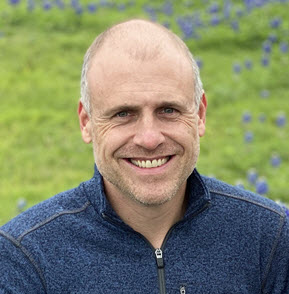“The Future of Verifying Complex Analog and Mixed-Signal Semiconductor Chips”
Thursday, Sept. 16 at 1:00pm
Via Zoom
Email communications@ece.ufl.edu for Zoom info
Abstract
The global semiconductor market has annual sales exceeding US $500B with growing adoption in industrial, automotive, sensors, power, space, and medical. A variety of analog, digital, and mixed-signal chips fulfill these needs, having increasing complexity, aggressive power reduction, improved performance, with smaller area. The tools used for design and verification of IC chips have had to evolve to meet these challenges, with advances in tools for digital outpacing the advances in tools for analog and mixed-signal chips. This is due to a variety of reasons, among them the fact that analog circuits come in a larger variety of process nodes and component types than traditional digital chips and processors, as well as having a larger spectrum of circuit use-cases from high power and high voltage to nanopower, low-noise, high-speed, magnetics and a variety of integration complexities. We must see faster evolution in tools and methods to prove correctness, robustness, and reliability of these ever-complex analog and mixed-signal chips.
This seminar discusses ideas for multi-disciplinary improvements to IC design and verification tools and methods such as using machine learning, formal methods, and coverage techniques. This is especially necessary to satisfy the world’s growing appetite for safe and reliable IC chips having flexible usage and with fast time-to-market.
BIOGRAPHY
Scott Morrison specializes in Design Verification (DV) of analog and mixed-signal semiconductor chips at Texas Instruments in Dallas. Now in his 19th year at TI and as a Distinguished Member of Technical Staff (DMTS), Scott develops new methodologies for verifying chips with increasingly-complicated analog and digital circuitry. He pursues interests in rigorous automated verification, system-level verification, and applying formal methods and machine learning to IC verification challenges, all of which help to ensure fast time-to-market with robust IC products. As a mixed-signal DV methodology leader in TI, Scott’s recent focus has been on developing novel verification methods that lead to successful semiconductor qualification and lifetime product reliability.
Scott received his BSEE and MSEE (2003) from the University of Florida, studying with Drs. José Príncipe and Karl Gugel in the areas of Adaptive Signal Processing, Brain-Machine Interfaces, and custom hardware for real time signal processing.

